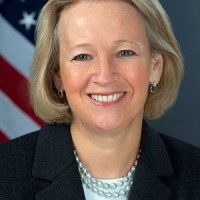Nonfarm employment in the private sector continued expanding last month, according to a report from ADP. The company’s most recent National Employment Report showed a net increase of 158,000 jobs – on a seasonally adjusted basis – during the month of October.
Mark Zandi, chief economist at Moody’s Analytics, put the monthly report’s results in the context of larger trends, which see the U.S. economy growing and employment expanding, despite lingering uncertainty.
“Businesses are adding consistently to their payrolls,” said Zandi. “October’s job gains were in line with the average monthly gains of the past two years, with sturdy albeit less than stellar growth across most industries and company sizes. Businesses have turned more cautious in recent months, but that has yet to impact their hiring and firing decisions.”
In another positive sign, The Conference Board released its updated Consumer Confidence Index, which saw an increase from 68.4 to 72.2. The current level is the highest the index has been all year, according to Lynn Franco, the organization’s director of economic indicators.
“Consumers were considerably more positive in their assessment of current conditions,” said Franco. She went to assert that she saw “improvements in the job market as the major driver.”
With business conditions slowly, but steadily, improving many companies may be looking to take advantage of new developments. The experts at a financial project consulting service can help businesses identify, evaluate and capitalize on the market opportunities that are available to them.
Alternatively, for companies that are looking to improve their internal capacity for financial analysis, working with a recruitment firm to conduct a targeted financial professional search can be the ideal solution.













